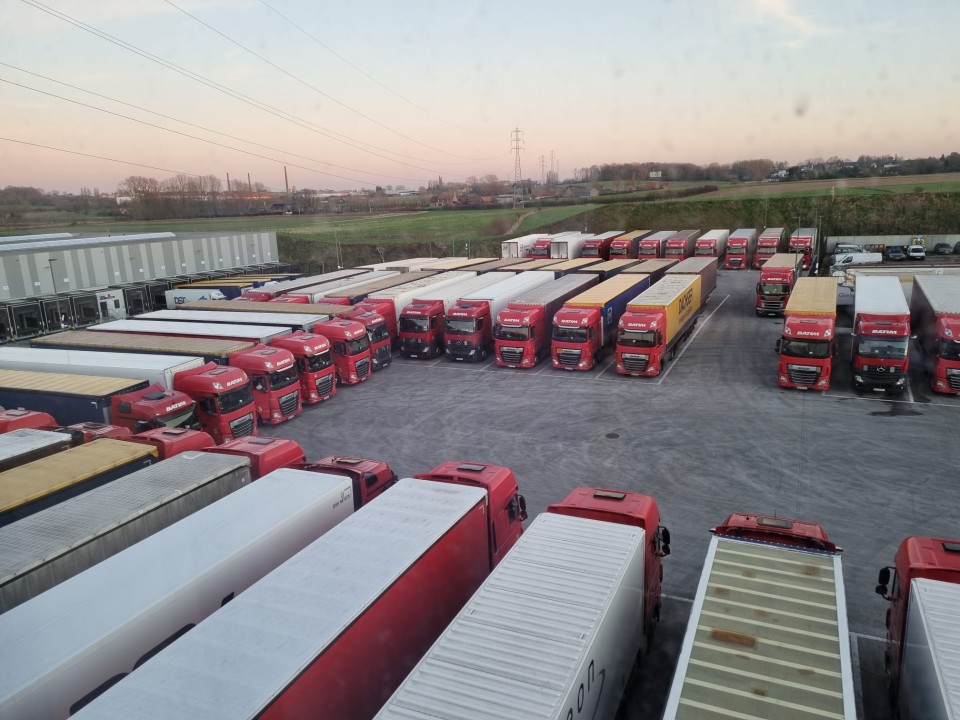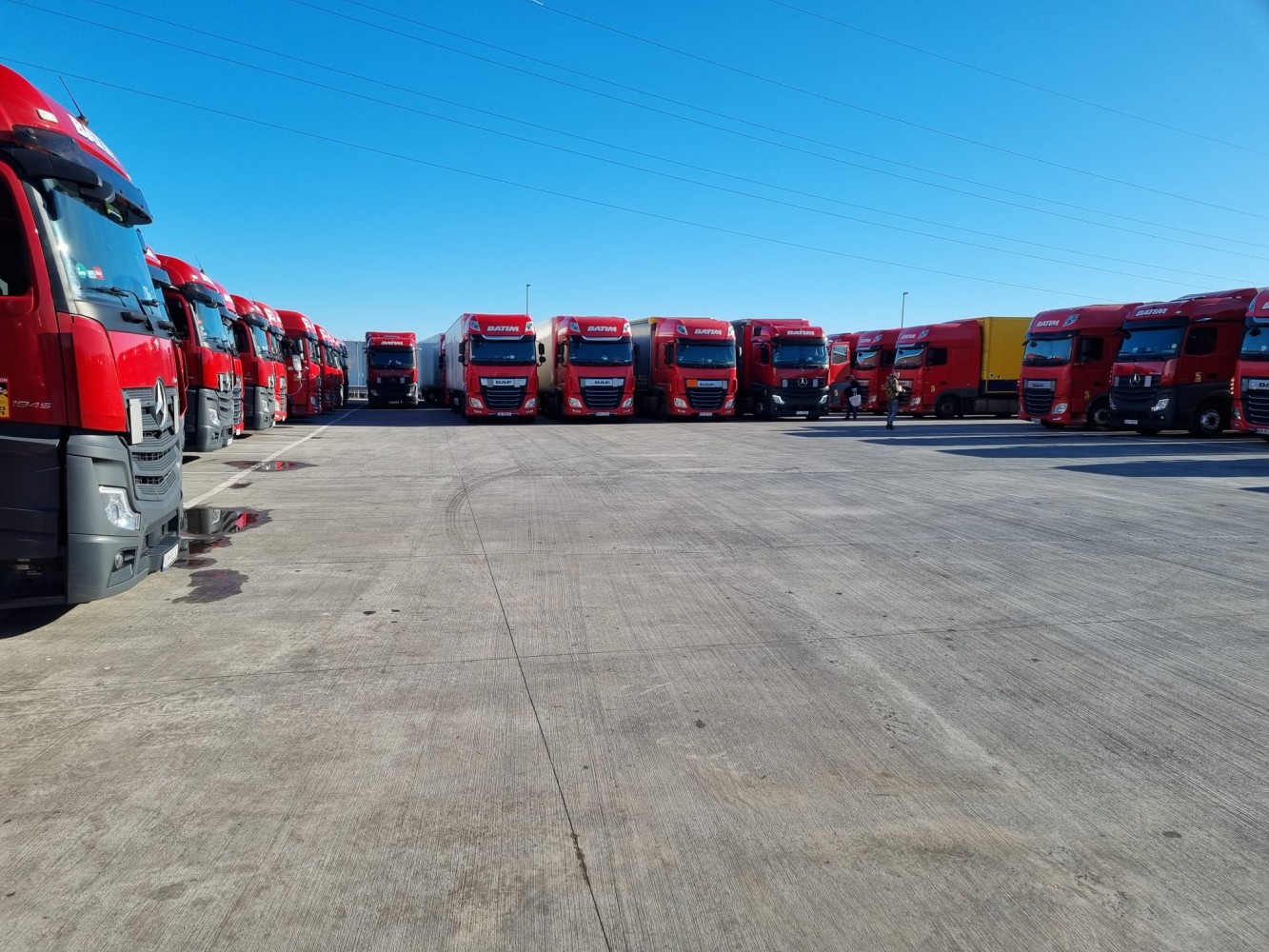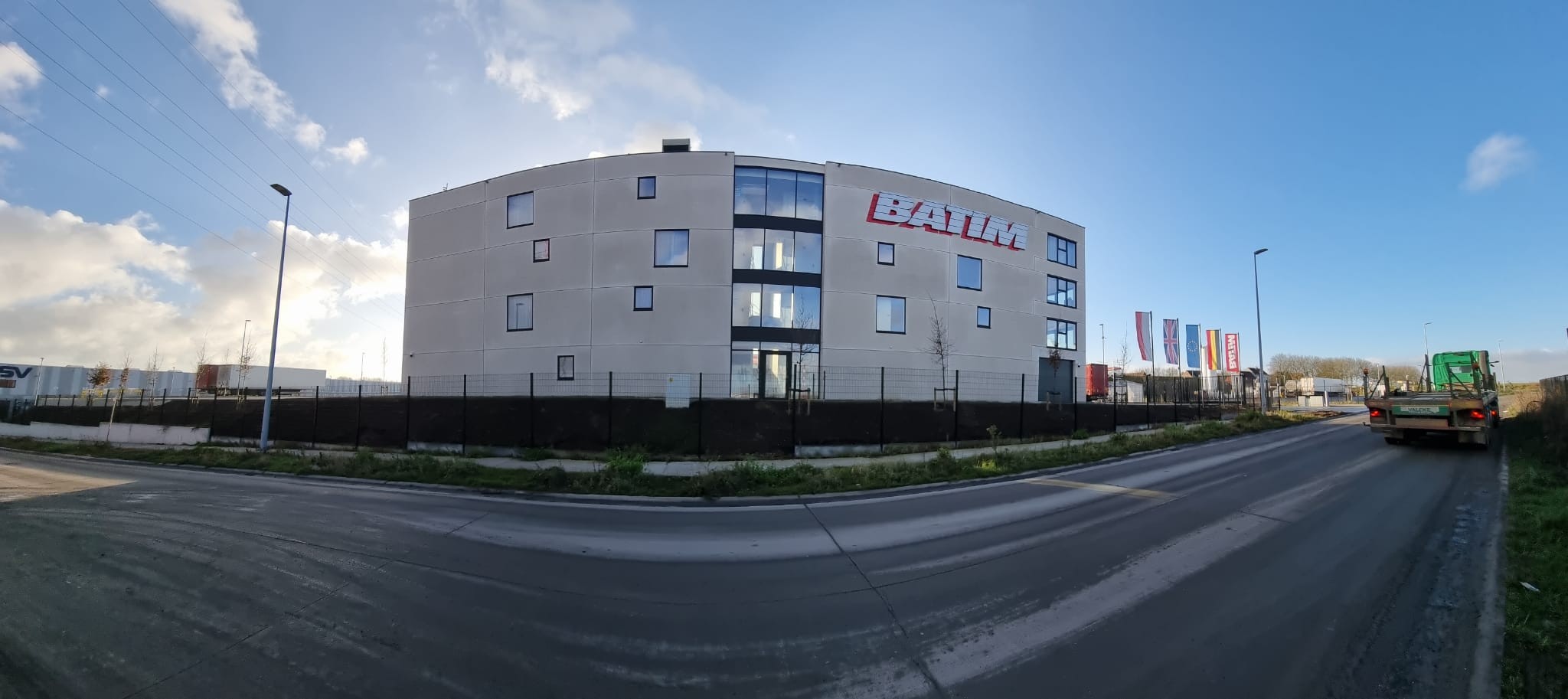
Susie Jones
Die SNAP-Reise von Batim International Transport & Spedition
Erstellt: 19.02.2025
•
Aktualisiert: 19.02.2025
Das 1995 gegründete Unternehmen Batim International Transport bietet Transport- und Speditionsdienstleistungen in ganz Europa an. Das Unternehmen ist stolz auf seine hervorragende Qualität und seinen modernen Fuhrpark, der aus SCANIA- und Mercedes-Fahrzeugen besteht.
Dem Unternehmen mit Hauptsitz in Stary Sącz, Polen, ist Wachstum nicht fremd. In seinen Anfängen begann Batim mit zwei Sattelzugmaschinen, heute sind es über 500.
In dieser kurzen Zeit erwarb das Unternehmen zahlreiche Anerkennungen und Zertifikate - darunter die Auszeichnung als bester Arbeitgeber des Jahres 2014 und die Anerkennung durch das Forbes Magazine im Jahr 2015. Durch die Erweiterung des Fuhrparks und die Verbesserung seiner Dienstleistungen strebt das Unternehmen ständig nach Wachstum.
Batim International ist SNAP in den ersten Tagen beigetreten und nutzt sein SNAP-Konto auch weiterhin, um Parkplätze in ganz Europa für seine große Flotte zu buchen. Wir sprachen mit Operations Manager Krzysztof, der über die Erfahrungen des Unternehmens mit SNAP spricht.
SNAP Vorteile für Fuhrparks
SNAP bietet Flotten über 450 Servicepartner in ganz Europa, bei denen sie unsere Flottenzahlungslösung nutzen können. "Wir sind SNAP beigetreten, weil wir keine Bargeldtransaktionen durchführen müssen", erklärt Krzysztof.
Ein Vorteil für viele Fuhrparks, denn SNAP bietet eine Zahlungslösung, mit der man bargeldlos oder mit Karte für Lkw-Dienstleistungen bezahlen kann. Diese Zahlungslösung kann z. B. für Lkw-Wäsche, Dartford Crossing und Lkw-Parkplätze genutzt werden. Letzteres, so Krzysztof, hat sich als besonders vorteilhaft erwiesen.
"SNAP hat mir die Möglichkeit gegeben, einen Parkplatz zu reservieren, so dass ich mich nicht um einen Platz für den Fahrer kümmern muss."

Die Möglichkeit, über SNAP nach einem Raststättenpartner zu suchen, hat sich für Krzysztof ebenfalls als Vorteil erwiesen. Er erklärt, dass "die Möglichkeit, alle detaillierten Informationen über viele Raststätten in verschiedenen Ländern zu prüfen und zu finden, um sicher zu sein, dass alles vorhanden ist, was für bestimmte Ladungen und Einrichtungen für die Fahrer benötigt wird", eine der nützlichsten Funktionen für ihn war.
Darüber hinaus hat SNAP große Vorteile für die Fahrer von Batim. Krzysztofs Fahrerflotte kann sich darauf verlassen, dass ihnen ein großes Netz von Lkw-Parkplätzen und Betriebshofparkplätzen zur Verfügung steht. Krzysztof sagt, dass das "große Netzwerk an Lkw-Parkplätzen" von SNAP von unschätzbarem Wert ist.
Viele Unternehmen auf dem ganzen Kontinent haben mit unserem Depot Parking Scheme ihre Einnahmen erhöht. Das Programm ermöglicht es Fuhrparks, ihre Depot-Parkplätze dem Netzwerk zur Verfügung zu stellen und zusätzliches Geld zu verdienen - und hilft Fahrern, gefährdete Parkplätze und Industriegebiete zu vermeiden. Batim International trägt mit seinem Depot in Belgien dazu bei, die europäische Parkplatzknappheit zu lindern, indem es sich diesem Programm anschließt. Der Standort bietet 20 Parkplätze für andere Fahrer, wenn deren Lkw auf der Straße sind.
Auswirkungen der SNAP-Servicepartner auf das Wohlbefinden der Fahrer
Das Wohlbefinden der Fahrer ist ein heiß diskutiertes Thema in der Lkw-Branche. Da es sich um einen anspruchsvollen Beruf handelt, ist es leicht zu erkennen, wie lange Arbeitszeiten, soziale Isolation und eine sitzende Lebensweise die psychische Gesundheit beeinträchtigen können.
Fuhrparks sind dafür verantwortlich, dass sich ihre Fahrer wohl fühlen. Aber auch Raststätten können einen erheblichen Einfluss haben. Depot-Parkplätze und Lkw-Haltestellen mit grundlegenden Einrichtungen können das Wohlbefinden der Fahrer erheblich verbessern. Etwas, das Krzysztof und sein Team für ihre Flotte von über 800 Fahrern für unerlässlich halten.
Auf die Frage, was die Raststätten für das Wohlbefinden der Fahrer tun können, antwortet Krzysztof: "Die Fahrer brauchen vor allem eine saubere Dusche und Toilette." Für viele scheint dies eine einfache Lösung zu sein, doch die Auswirkungen auf die Erfahrungen der Fahrer sind erheblich.

Kundenservice bei SNAP
Wir bei SNAP sind stolz darauf, Flotten und Fahrern die Unterstützung zu bieten, die sie für einen effizienten und effektiven Betrieb benötigen. Unser erfahrenes Kundenservice- und Account-Management-Team unterstützt Flotten und Fahrer bei allen Fragen. Etwas, das Krzysztof und das Team als nützlich empfunden haben.
"Wir haben den SNAP-Kundendienst kontaktiert - sowohl per E-Mail als auch am Telefon. Die Mitarbeiter von SNAP sind immer individuell auf den einzelnen Fall eingegangen, haben Verständnis gezeigt und waren bereit, uns so gut wie möglich zu helfen", erklärt Krzysztof.
Melden Sie Ihre Flotte noch heute bei SNAP an
Unsere Flottenzahlungslösung wird alle 13 Sekunden auf dem ganzen Kontinent für die Bezahlung von Lkw-Dienstleistungen genutzt. Besuchen Sie snapacc.com und schließen Sie sich den über 7.000 Fuhrparks an, die SNAP Account als All-in-One-Flottenzahlungslösung nutzen.


